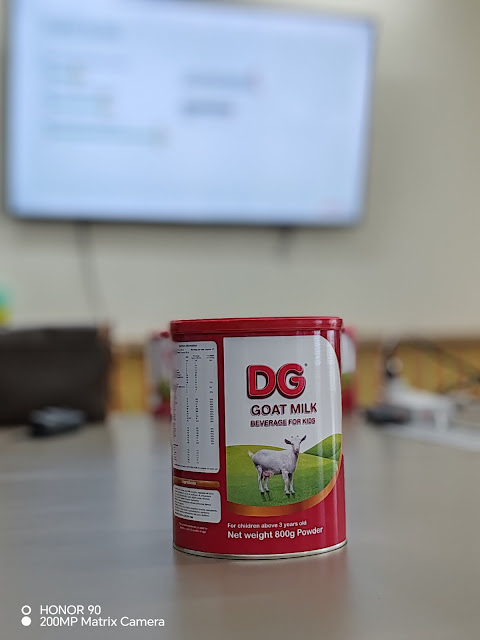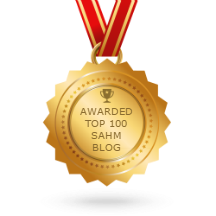Naturally, goat's milk bears a closer resemblance to human breast milk than cow's milk or soy. This intrinsic similarity requires less processing, preserving its inherent nutritional value. Rich in oligosaccharides and boasting protein levels akin to human breast milk, goat's milk stands as an excellent choice for infants and young children with delicate digestive systems. Additionally, its low lactose content further contributes to its suitability for these tender stages of development.
Since ancient times, goat's milk has been considered the prime alternative to breast milk. However, due to the limited availability of goat milk within the country, parents and guardians transitioned to using cow's milk. With the consumption of powdered cow's milk deeply ingrained over time, making families switch to the superior option of goat milk has become a challenging endeavor. Nevertheless, the introduction of DG Goat Milk has significantly shifted perspectives and parental attitudes towards the milk they consume, particularly the milk provided to their young children.
It's heartening to observe that in recent years, a notable shift in dietary preferences and a growing curiosity about alternative sources of nutrition has taken place within Filipino households. One particularly noteworthy trend gaining momentum is the inclusion of goat milk in the diets of Filipino families. As people become more aware of its numerous health advantages and adaptability, an increasing number are embracing the benefits of goat milk and seamlessly integrating it into their daily routines.
Nutritional Richness:
Goat milk is often hailed for its impressive nutritional profile. It contains essential nutrients like vitamins A, B2, and D, as well as important minerals such as calcium, phosphorus, and magnesium. Notably, goat milk tends to be easier to digest compared to cow milk, making it an appealing option for those with lactose intolerance or sensitive stomachs. The protein and fat molecules in goat milk are smaller and more similar to human milk, allowing for better absorption and digestion.
Lactose-Friendly:
Lactose intolerance, a common condition, prevents many individuals from enjoying cow milk. Goat milk, however, contains lower levels of lactose and different types of proteins, making it a more tolerable choice for those who struggle with lactose digestion. Families are increasingly turning to goat milk as a nutritious and delicious alternative to traditional dairy products.
Gentler on the Digestive System:
The unique composition of goat milk makes it gentler on the digestive system, which can lead to fewer instances of bloating, gas, and discomfort. The proteins in goat milk form softer curds in the stomach, reducing the strain on the digestive tract. This characteristic is especially beneficial for young children and the elderly, who often have more sensitive digestive systems.
Immune-Boosting Properties:
Goat milk contains high levels of selenium and zinc, both of which play crucial roles in supporting the immune system. These minerals help strengthen the body's defenses against infections and illnesses, making goat milk a valuable addition to a family's diet, particularly during times of increased health concerns.
As the awareness of the unique benefits of goat milk continues to grow, more and more families are embracing this dairy alternative. Its nutritional richness, digestive-friendliness, immune-boosting properties, and culinary versatility are just a few of the reasons behind this burgeoning trend. Families are not only discovering a delicious and nutritious option for themselves but are also making conscious choices that align with health, sustainability, and the support of local agriculture. Whether it's enjoyed in a glass, a recipe, or a cheese board, goat milk has undeniably found its place on the modern family's table.
To know more about DG Goat Milk, visit their website here.











.png)




 />
/>






.png)

No comments:
Post a Comment